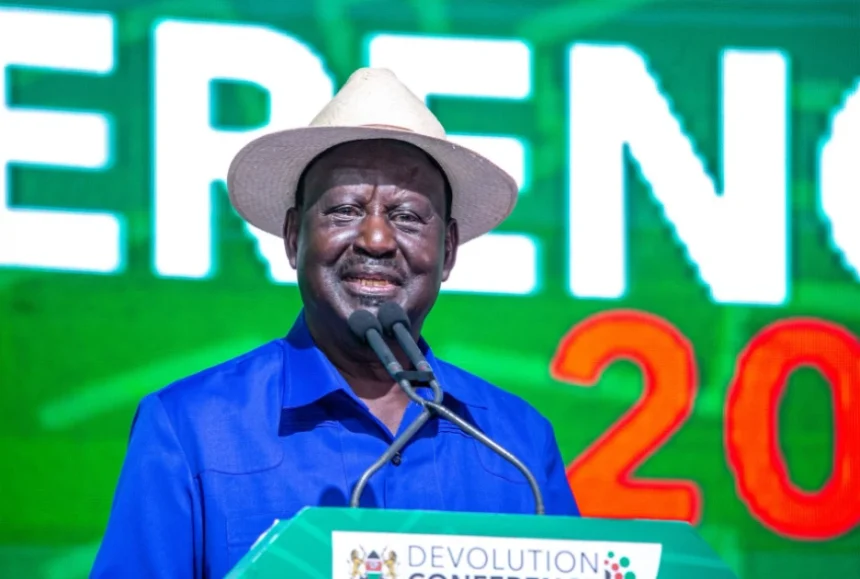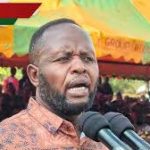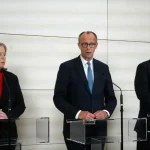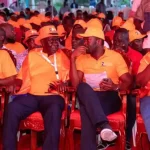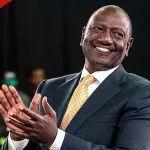The recent storm surrounding Raila Odinga’s alleged illness reveals much more than just another political spat. It exposes the deepening rot in Kenya’s political discourse and the desperate tactics being employed in the ongoing battle for public perception between the government and opposition.
When a major political party must publicly deny its leader is dying, we must ask: what has become of our political conversation?
The Anatomy of a Political Smear
The carefully orchestrated rumors about Raila Odinga’s health follow a familiar playbook in Kenyan politics:
-
Whisper Campaigns: Unverified claims begin circulating in social media circles and political gatherings
-
Amplification Stage: Pro-government bloggers and influencers pick up the narrative
-
Plausible Deniability: No direct accusations from senior officials, allowing for denial of involvement
-
Forced Response: The target is compelled to address false claims, diverting from substantive issues
“What we’re seeing is not politics of ideology, but politics of character assassination,” noted political analyst Esther Wanjiku. “When you can’t debate policies, you attack the person.”
ODM’s Strategic Counterattack
The ODM response was notably strategic. By directly naming Deputy President Rigathi Gachagua as the alleged mastermind, the party accomplished several objectives:
-
Changed the Narrative: Shifted focus from Raila’s health to government-sponsored propaganda
-
Exposed Internal Divisions: Reinforced the perception of a divided Kenya Kwanza administration
-
Mobilized Base: Galvanized supporters around defending their leader against attacks
-
International Image: Addressed concerns from Africa Union circles where Raila remains active
The “Opposition in Government” Paradox
ODM’s characterization of Gachagua as “leader of the opposition in government” is particularly significant. This framing:
-
Turns Gachagua’s Rhetoric Against Him: The DP has frequently claimed Raila leads a “rogue opposition”
-
Highlights Kenya Kwanza Divisions: Suggests the government is fighting internal battles
-
Creates Political Space: Positions Raila above petty politics while his party handles the attacks
Why Health Rumors Are Particularly Potent
Health scares involving senior politicians resonate deeply because:
-
They Tap into Succession Anxieties: Raise questions about political futures and stability
-
They’re Difficult to Disprove: Absence from public events can be misinterpreted
-
They Appeal to Human Emotion: Trigger genuine concern among supporters
-
They Have Historical Precedent: Similar tactics were used against previous leaders
The Real Victims: Kenyan Democracy
Beyond the political gamesmanship, this episode damages our democratic fabric:
-
Distracts from Pressing Issues: Diverts attention from economic challenges and governance matters
-
Lowers Political Discourse: Reduces policy debates to personal attacks
-
Erodes Public Trust: Makes citizens cynical about all political information
-
Sets Dangerous Precedent: Normalizes smear campaigns as legitimate political tools
A Call for Mature Politics
As Kenya looks toward 2027, this incident serves as a warning about the kind of campaign season we might expect. Several things need to happen:
-
Media Responsibility: Mainstream media must avoid amplifying unverified claims
-
Political Accountability: Leaders should be judged on their records, not rumors
-
Citizen Vigilance: The public must demand substance over sensationalism
-
Institutional Response: Regulatory bodies should act against deliberate disinformation
Conclusion: The High Cost of Low Politics
The Raila health rumors and ODM’s response represent more than just another political controversy. They signal a dangerous decline in our political culture where lies are weaponized and truth becomes collateral damage.
As political commentator Mark Bichache observed, “When political battles are fought with rumors instead of ideas, the entire nation loses. We deserve better than this politics of desperation.”
The coming days will reveal whether this incident prompts reflection among political actors or simply becomes another normalized feature of our toxic political landscape.

